Video: Signal Transduction
Signal transduction is the process by which a wide variety of cell types respond to their environment and communicate with each other with biochemical signals. This animated presentation shows how molecules interact to relay a signal until a cellular function is altered. We study how hormones bind to transmembrane protein receptors to transmit the signal across the cell membrane. Intracellular signaling proteins trigger a signal cascade. We look at the cAMP pathway example of adrenaline (epinephrine) through an animation. In the "diseases" section we learn about bacteria that excrete toxins interfering with signal transduction processes, such as Vibrio Cholerae, which causes cholera, or Bordatella pertussis, which causes whooping cough. There are comprehension interactive activities.
-
Idioma:
- Inglés
Recurso educativo
Cursos y asignaturas
-
Aún no hay comentarios, ¡comparte tu opinión! Inicia sesión o Únete a Tiching para poder comentar

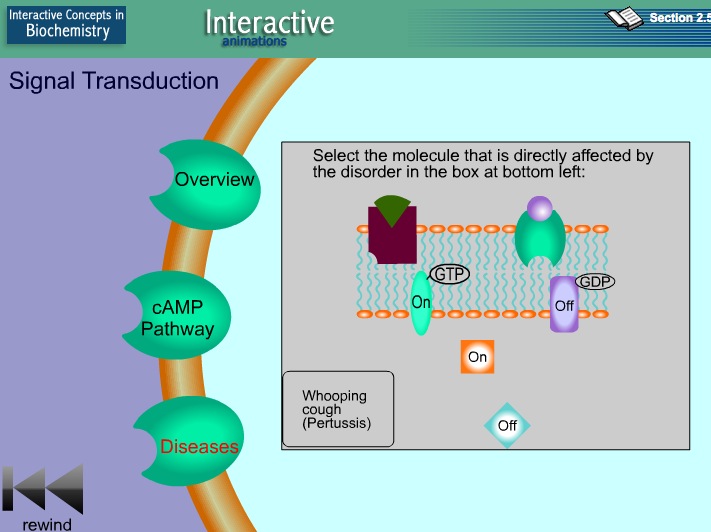


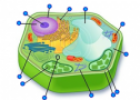
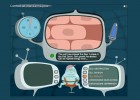
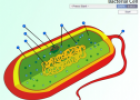

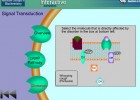


¿Dónde quieres compartirlo?
¿Quieres copiar el enlace?